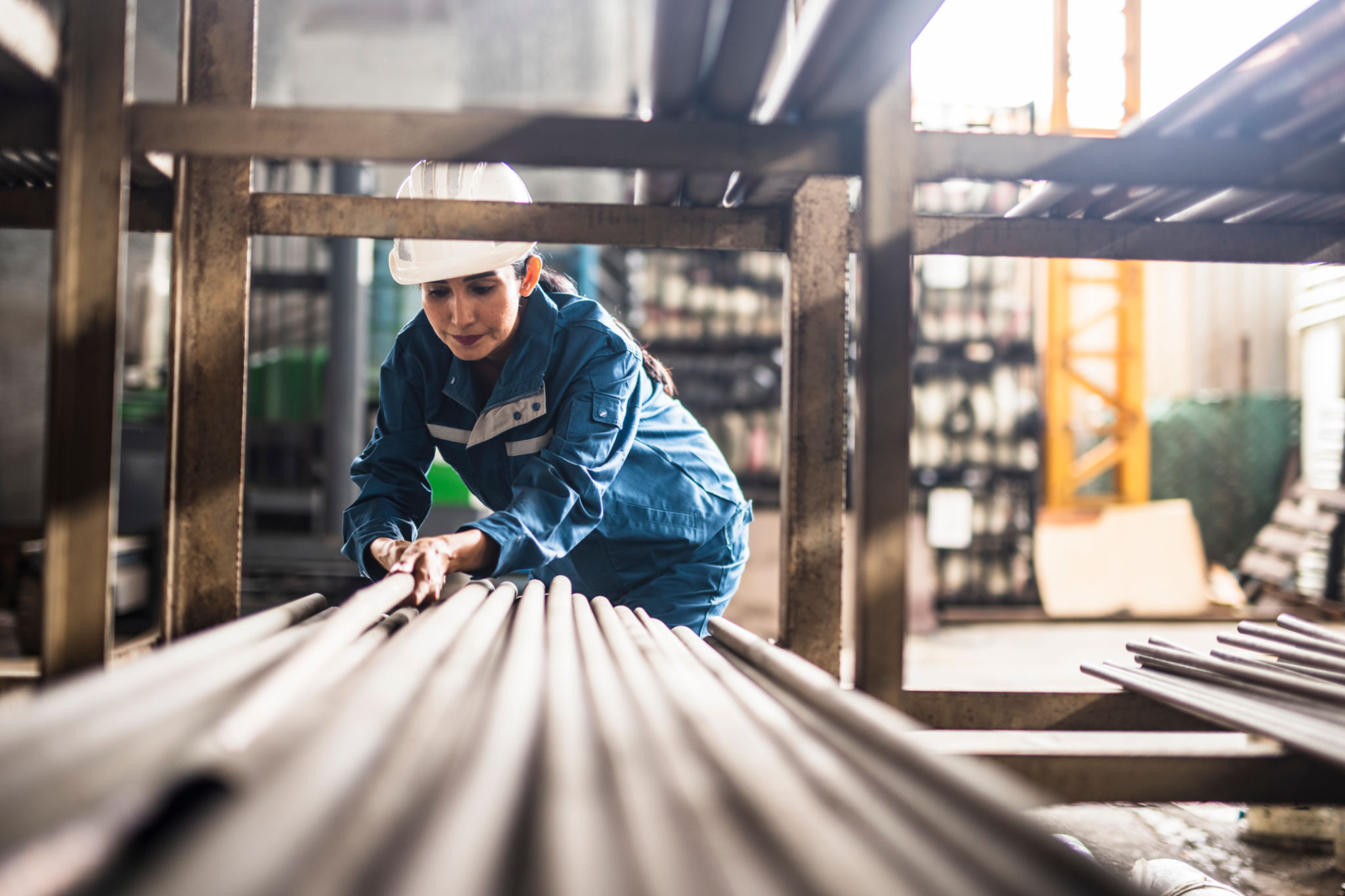Preparing for Seasonal Changes: Metal Fabrication Tips
As the seasons change, the demands on metal fabrication processes can shift significantly. Preparing for these changes can ensure smooth operations and maintain the quality of your products. In this post, we'll explore some essential tips to help you adapt to seasonal changes effectively.

Understanding Seasonal Impacts
Each season brings its own set of challenges and opportunities in metal fabrication. For instance, the cold winter months can cause metal to become brittle, while the summer heat may lead to expansion and warping. Understanding these impacts is crucial for maintaining product integrity and operational efficiency.
It's important to adjust your processes according to these seasonal variations. This might include altering storage methods or adjusting fabrication techniques to accommodate changes in metal behavior.
Material Considerations
Different metals react differently to temperature changes. Steel may contract in the cold, while aluminum can expand in the heat. Being aware of these characteristics can help you choose the right materials for the season. Consider using alloys that offer better resistance to temperature fluctuations.

Equipment Maintenance
Regular maintenance of your equipment is essential, especially during seasonal transitions. Cold weather can affect machinery operation, while humidity in warmer months can lead to rust and degradation. Ensure that your equipment is well-lubricated and protected against these elements.
Regular Inspections
Conducting regular inspections can help identify potential issues before they become major problems. Look for signs of wear and tear, and address them promptly to prevent costly downtime. Implement a checklist for seasonal inspections to keep your equipment in optimal condition.

Workplace Safety
Seasonal changes can also impact workplace safety. Slippery floors in winter or overheating in summer can pose risks. Implementing safety measures, such as proper ventilation and non-slip surfaces, can help protect your team.
Training and Awareness
Ensure that your team is aware of seasonal risks and trained to handle them. Regular safety briefings and updates will keep safety top-of-mind and help prevent accidents.
Adapting Your Workflow
Adapting your workflow to accommodate seasonal changes can improve efficiency and product quality. This might involve adjusting production schedules or reorganizing the workspace to better suit the conditions.
By planning ahead and implementing these strategies, you can effectively manage the challenges of seasonal changes in metal fabrication, ensuring a smooth and productive operation all year round.